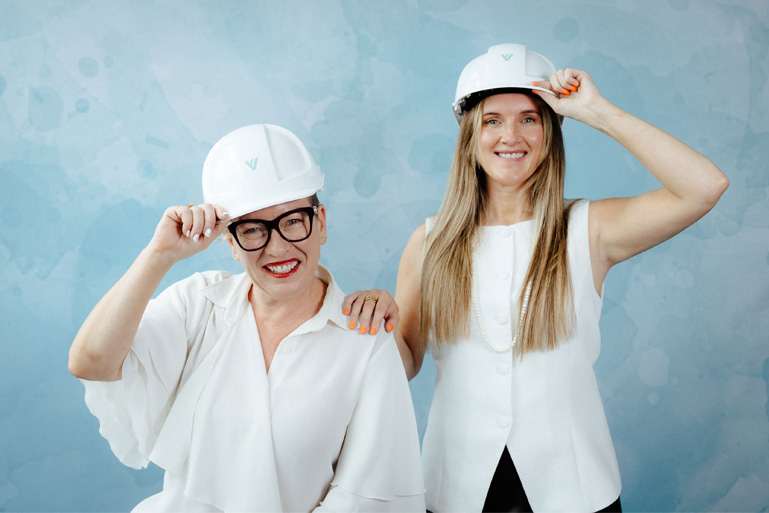Fear of getting things ‘wrong’ is one of the most significant barriers preventing organisations from even trying to embrace neurodiversity.
What does it mean to embrace neurodiversity in recruitment? Is there a roadmap? Where do you start?
Here we talk about neurodiversity and recruitment, what term to use, and tips that you can apply to modify your recruitment process based on the needs of neurodiverse candidates.
Neurodiversity and recruitment
We recently had the pleasure of attending a webinar held by RCSA, ‘Supporting Autistic Talent to Thrive’. What was made clear by Susan Reddrop from the presenting organisation, Specialisterne, was that a fear of getting things ‘wrong’ was one of the most significant barriers preventing organisations from even trying.
Fortunately, as long as you try, you can’t really get it wrong.
As Susan put it, “If you’ve met one person with autism, you’ve met one person with autism.”
There are no set guidelines that will make the recruitment process accessible for everyone, but you can take steps to avoid bias in the recruitment process.
If you approach recruitment with the following skills in mind, you are already taking positive forward steps to embrace neurodiversity and promote neuroinclusivity in recruitment:
- Openness
- Constant communication
- An eagerness to learn
- Strong listening skills
- Adaptability
- Patience

Three tips to embrace neurodiversity in recruitment
-
Consider a skills-based test rather than an interview
Generally, autistic people have difficulty selling themselves and find the interview process stressful. What they can be great at doing, however, is showing you what they are good at.
Consider a skills-based test where you can assess how they approach problems, how they solve problems and then how they communicate these problems to others. Susan gave an example of one organisation asking neurodiverse candidates to come into the workplace to sort Lego. There were several tasks, all that assess how they view and solve problems:
- Find the missing pieces.
- Make something from the missing pieces.
- Giving deliberately incorrect instructions to the next candidate.
- Seeing how the next candidate deduces what is wrong with the instructions.
This gives the candidate an opportunity to show their strengths and unique way of thinking.
-
Give neurodiverse candidates the opportunity to prepare
As a recruiter or hiring manager, your objective is to lower the anxiety curve so that you get to see the real person.
In the instance that an interview must happen, try to provide as much information ahead of time so that candidate can prepare.
Consider things like:
- Providing the questions ahead of time.
- Offering as much information as possible, like parking, office environment or what other employees wear.
- Offering a visit to the workplace before the interview so the candidate is less likely to be stressed by knowing where to go.
- If it is a panel interview, tell them where they can look or which person, if necessary, they should look towards the most.
-
Ask: What do you need to know about our workplace?
Asking someone about their needs, requirements or challenges is the most powerful thing you can do. It also ensures you don’t make any ill assumptions.
A neurodiverse person may come into your workplace and recognise that they are not suitable for the role due to something that is unseen to you. Such as because of a certain sound in the environment. Give them the power to share and be open to what they say.

Neurodiversity: What term should you use?
Just as there’s no set recruitment process, the term neurodiverse or autistic is also something very personal to the individual.
Neurodiversity is a general term where people could have Autism, ADHD, or Dyslexia. Other diagnoses could also be grouped under this term, but these are the most common.
People with autism may prefer to use the preceding phrasing, neurodiverse, or instead may be more comfortable using autistic.
It’s the responsibility of the recruiter to ask upfront what they prefer instead of making any assumptions.





